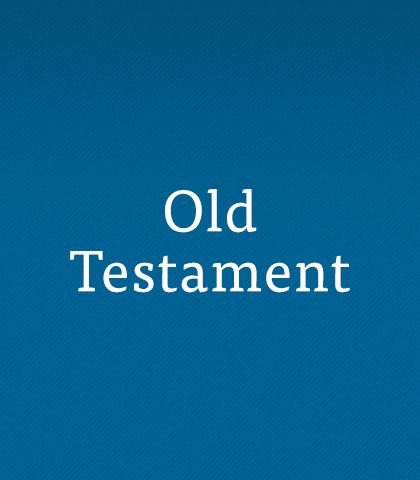A King on the Couch
Startled from his sleep by a nightmarish dream, King Nebuchadnezzar called his magicians, conjurers, and sorcerers together and put them to a test. Would they be able to relate the dream and give its interpretation? Each of these learned men failed. In a fit of rage, the king ordered the death of all the wise men of Babylon—even those who had not been asked about the dream, such as Daniel and his three friends. But with wisdom, Daniel asked for time and God gave the answer.


